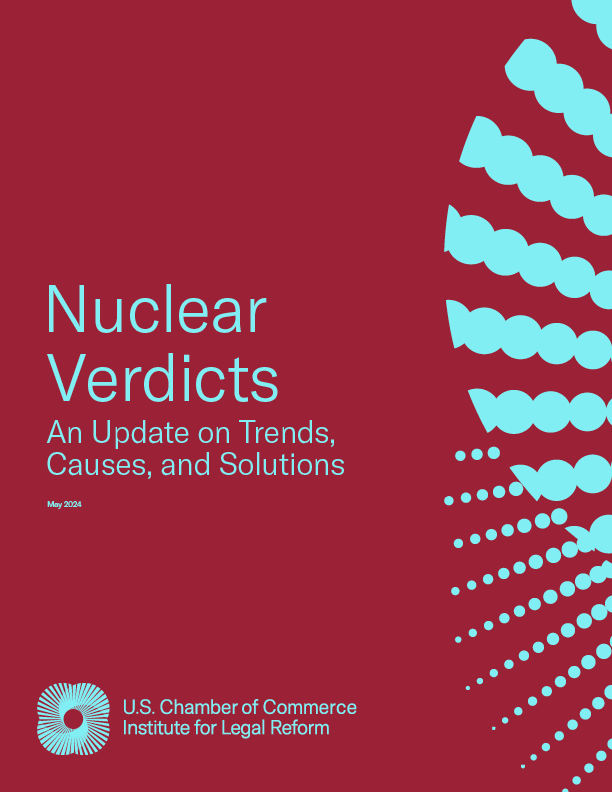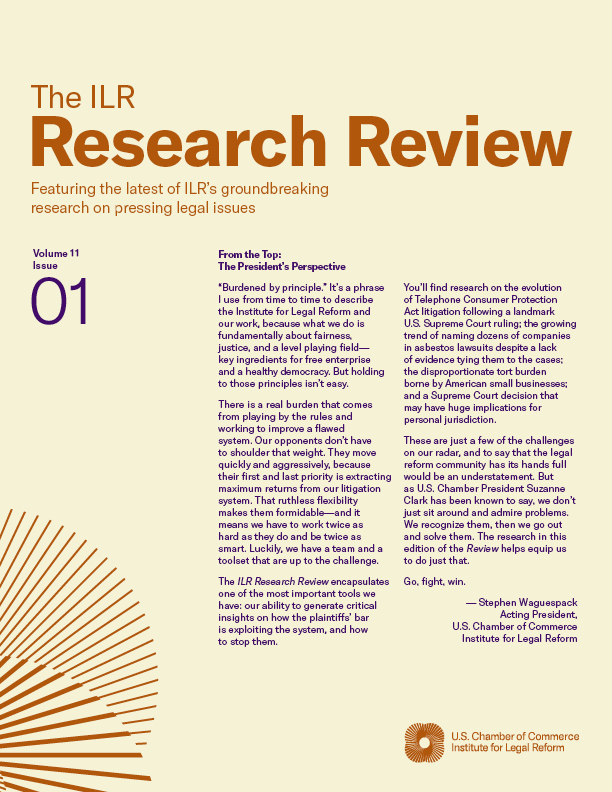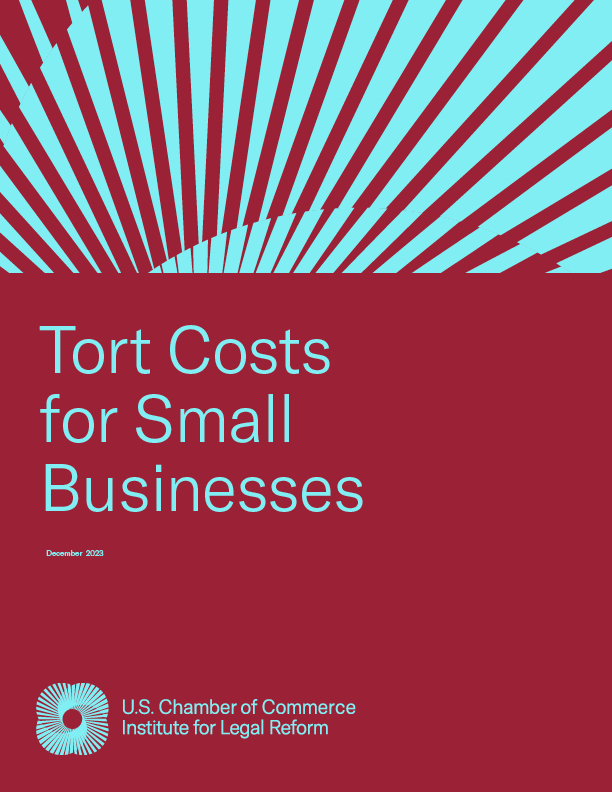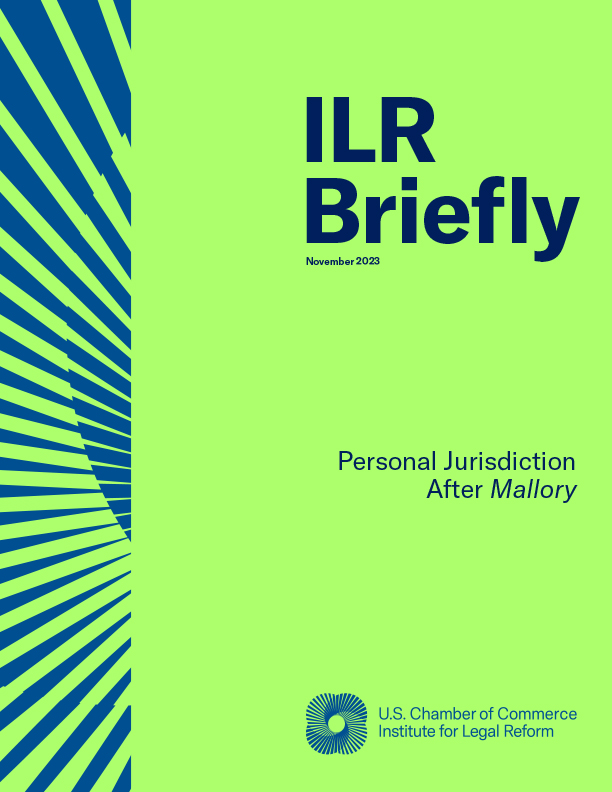In recent years, private auditors operating under contingency fee arrangements have taken an increasingly aggressive approach to the interpretation and enforcement of unclaimed property laws.
Some have gone so far as to de facto legislate on behalf of the state by requiring life insurance companies to cross-reference their policy records against the Social Security Administration’s Death Master File—a costly, labor-intensive practice that is not required under most state laws. Indeed, a handful of courts have explicitly rejected these tactics.
Moreover, there is limited transparency surrounding the selection and contracting of these private audit firms. As we have seen in other scenarios, when government contracting lacks transparency, “pay-to-play” schemes often arise in which lucrative contracts are awarded in exchange for campaign contributions.
The potential for this practice to develop among state financial officers and the current abuses surrounding contingency-fee private audit firms is documented in a new white paper, Unclaimed Property: Best Practices for State Administrators and the Use of Private Audit Firms.
The paper identifies a series of “best practices” for unclaimed property administrators to use when hiring private audit firms, including:
- Prohibiting contingency fees;
- Requiring all state contracts for private audit firms to be subject to an open competitive bidding process;
- Requiring all such contracts to be posted on the unclaimed property administrator’s website; and
- Prohibiting the delegation of state authority to private audit firms for substantive decision-making, such as legal theories.
The concept of unclaimed property is not new. But, new tricks by private profit-motivated auditors are troubling and unclaimed property should not be taken by states for pet projects or to fill budget holes. Instead, states should take proactive steps and adopt best practices that ensure the fair and transparent enforcement of state unclaimed property laws.
View PDF


